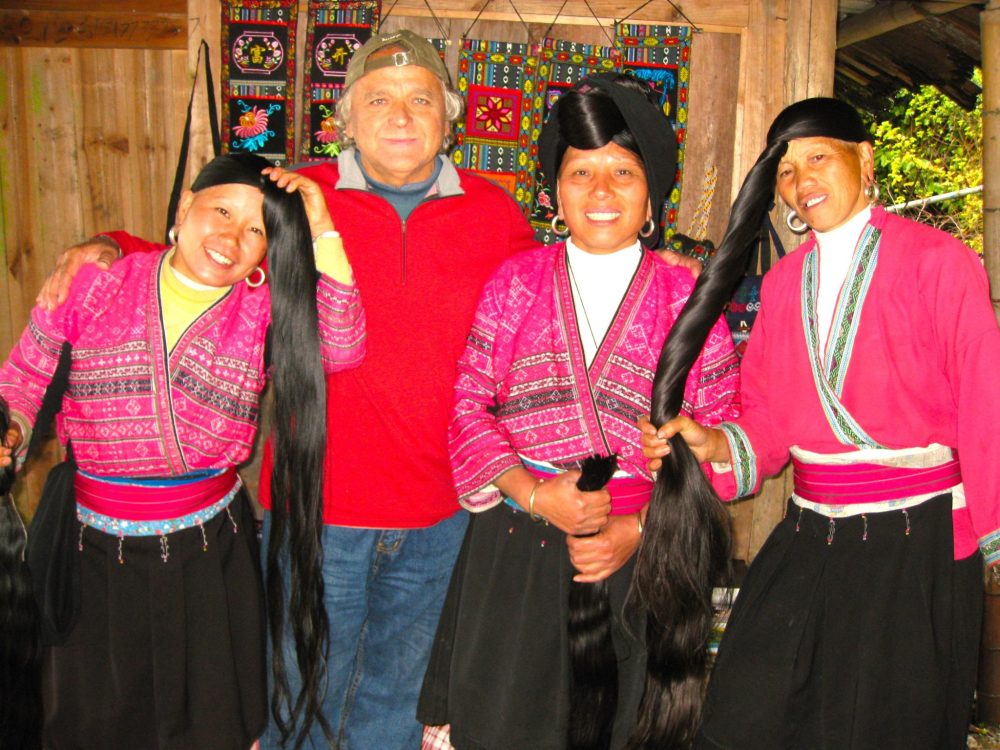Memoir shares world travel and local history
Advertisement
For St Pierre author Philippe Sabourin, putting pen to paper was initially a way to give something back to his grandchildren, to give them a glimpse of the life he lived and the things he learned along the way.
But when Prairie Roots and Wings was completed, it was far more than a memoir of growing up in the Red River Valley. It is also a travelogue, a call to action to make our planet more sustainable, and a wealth of information about family, history, environmental and climate change challenges, food production, social inequalities and inspiration.
“It’s been simmering in my head for quite a while,” he said, adding he was inspired by an 85-year-old uncle who wrote of life in the 1800s. “I wanted to leave something for my grandchildren.”
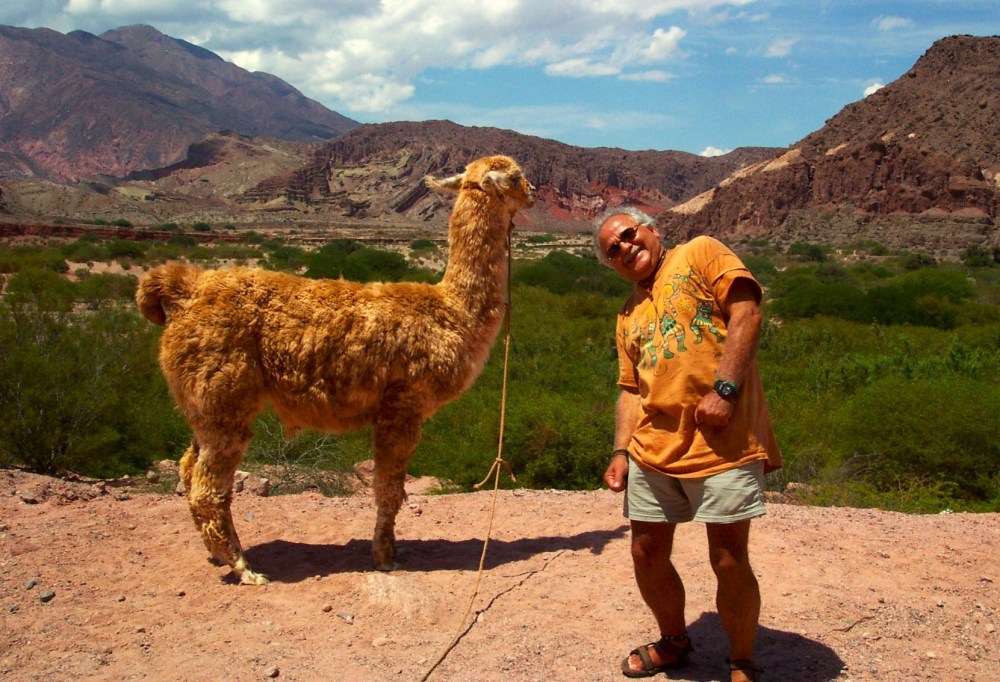
Sabourin will officially launch his new book in Steinbach at Clearspring Centre on March 15.
He has a vast amount of experience to share.
Born in 1950 on a mixed farm near St Jean, he was a university educated agrologist, joining Sabourin Seed Service as a young man. He headed the agricultural division of an agricultural engineering firm, opened a consulting business, and even spent a decade working as a teacher’s aide and substitute teacher with the Division Scolaire Franco-Manitobaine.
Sabourin said his book will help urban people understand rural life but will also appeal to anyone with a taste for travel.
He has travelled extensively, inspired in part by a brother who traveled in 1969 for almost a year, taking in the sights of Asia, Africa and Europe.
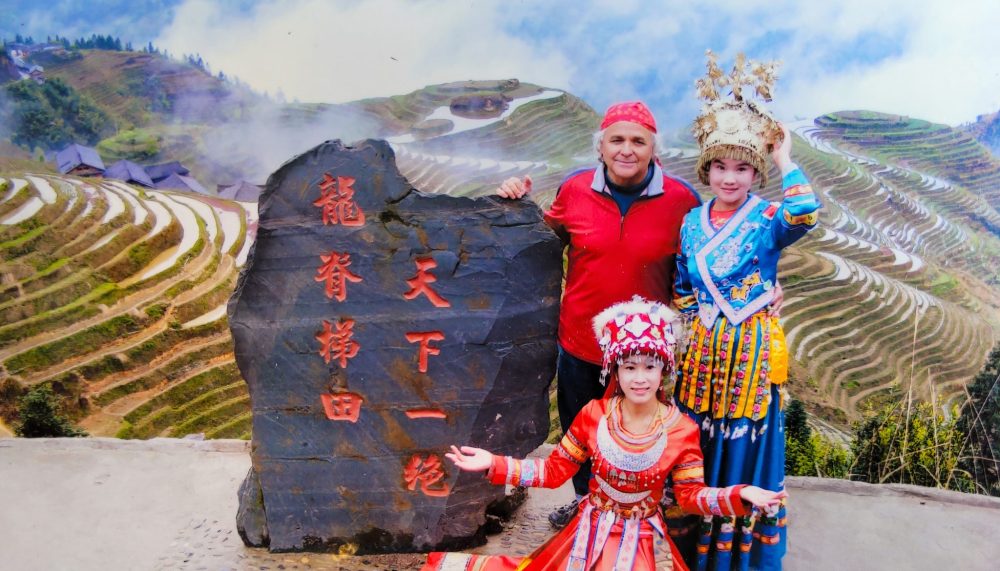
“I was always interested in National Geographic and travel programs,” he said.
His first trip was at the age of 24, when he spent three months in South America, taking the time to visit the Galapagos Islands, Machu Picchu and more.
“I enjoyed it so much I said, ‘I’ve got to keep on doing it’, but of course with raising a family you stay put for a while,” he said.
While it may have slowed him down, Sabourin made up for lost time with trips to Rwanda where he learned about the genocide, history and visited with wild mountain gorillas.
He’s viewed the Okavango Delta in Botswana, met the San peoples (also called Bushmen) and seen the Kalahari Desert.
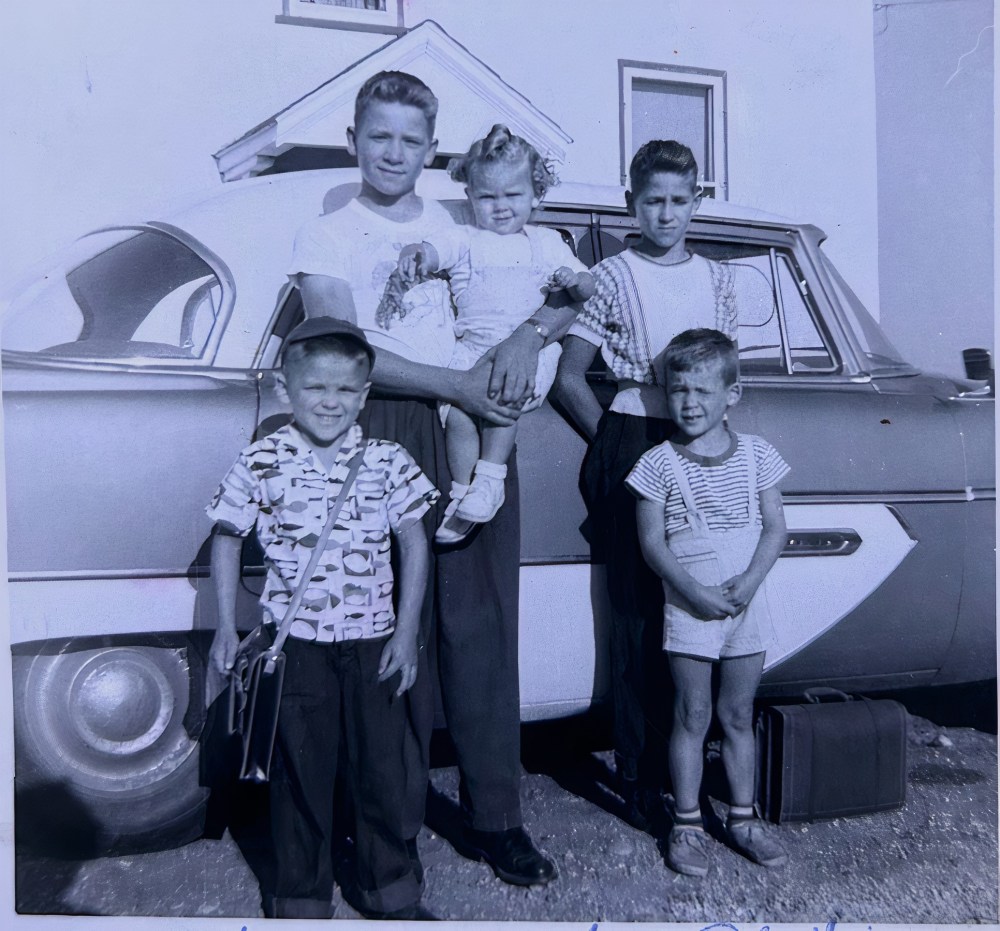
“I just want to have people learn new things and I want to share those things,” he said.
And while his experience in traveling to so many places has revealed massive differences in traditions, history, and physical surroundings, it’s also taught him a lesson on what people have in common.
“People are similar,” he said. “They want to be happy and avoid pain. We don’t want to suffer.”
That’s why the theme throughout his book is best expressed in the Zulu word “ubuntu” which translates as “humanity to others.”
Sabourin said many current world events cause fear in the world while his book offers a positive message.
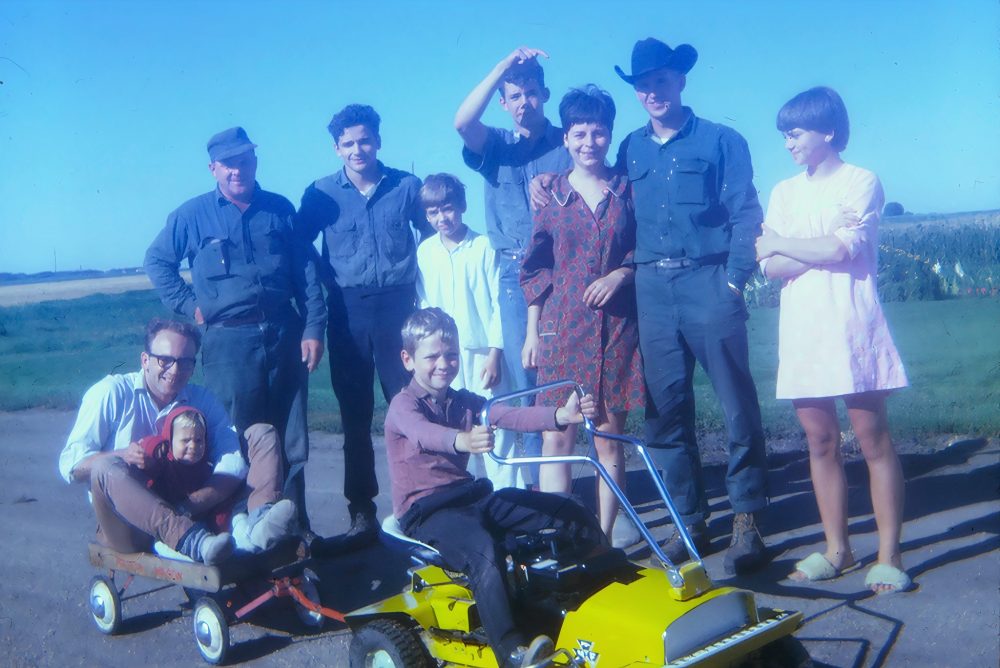
“It’s not the answer to every problem, but I think it will encourage people,” he said. “I think that is important in today’s world.”
Sabourin’s travels also took him to Tahiti, New Zealand, Australia and a three-and-a-half month tour of Asia where he visited eight countries including Cambodia, Vietnam, China, Thailand and Laos.
Travel highlights include seeing the Serengeti in Tanzania and the Iguazu Falls in Brazil and Argentina which is made up of 275 separate cascades.
He said reflecting on his travels makes him feel thankful to be part of this beautiful earth.
“The world is full of beauty, and you need to go and find it, smell it and touch it and experience it,” he said.

He also shares tales from his own family history, including the farm they grew up on which was adjacent to a large swamp. Home to swans, egrets and herons in addition to many other species, all that disappeared thanks to what was a very common decision in the 1960s.
“We drained it,” he said. “If we would have been in 2020 or 2025, I think we would have made a different decision. We destroyed millions of things in order to try to grow crops in a very low area.”
The book also contained some of the Sabourin family story and the arrival of other Francophones to Manitoba.
He recalls researching their arrival for St Jean’s centennial celebration in 1977, saying 500 Mennonites and 280 Francophones shared the Ontario steamer on the way to Manitoba. That ship was caught in the ice on Lake Superior but drifted free before a group of 18 Francophones had reached help.
The Francophones were originally given Township 4, an area that included Dominion City and Ridgeville, but appealed to Ottawa by telegraph from Emerson when they saw their land covered in bush and rocks.
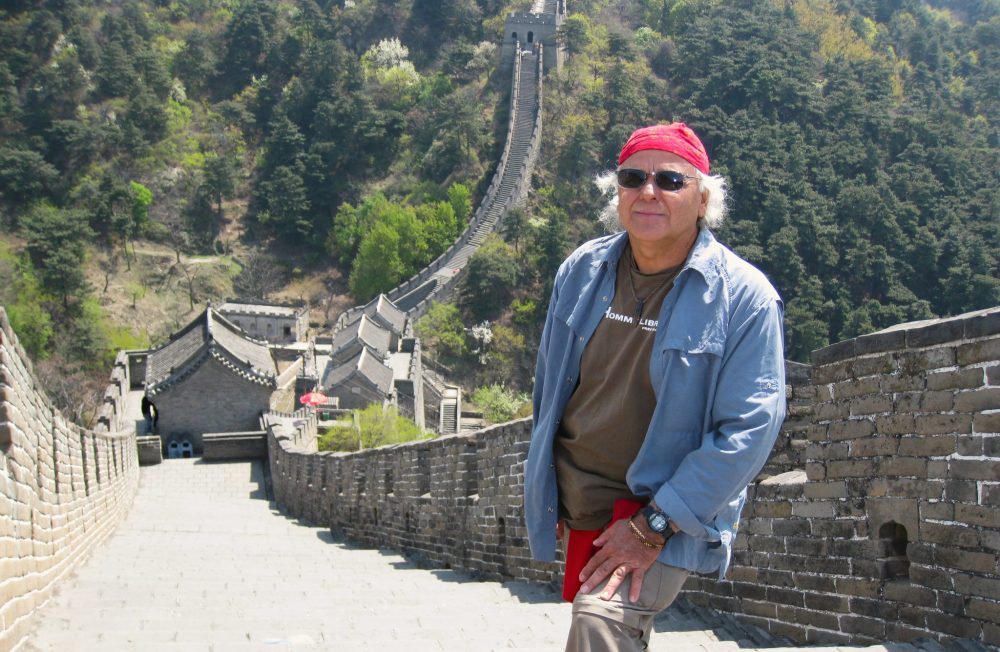
The government than assigned them Township 3 which was land west of the Red River and where the communities of St Jean, Letellier and St Joseph were born.
With knowledge and travel comes questions.
“We are living on this little fragile planet together so why are we still in 2025 having so many skirmishes and even killing each other?” he asked. “That’s total madness.”
But it has also led to his conclusion, printed in his book’s description.
“When we cultivate an awareness of our common humanity, our world will be better equipped to solve the challenges and achieve peace and happiness for all,” he wrote.
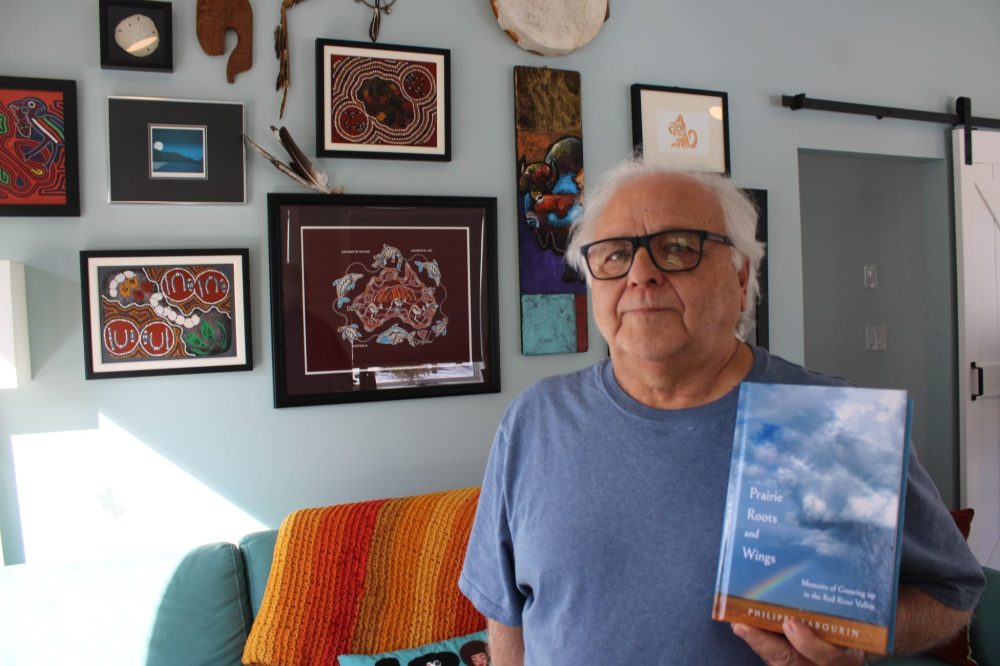
“We need to learn how to cooperate, how to have compassion and empathy,” he added. “I think I have an important message here about learning to live and sharing this world.”
A book launch will take place on March 15 at 1 p.m. close to Collectaco in the Clearspring Centre.



